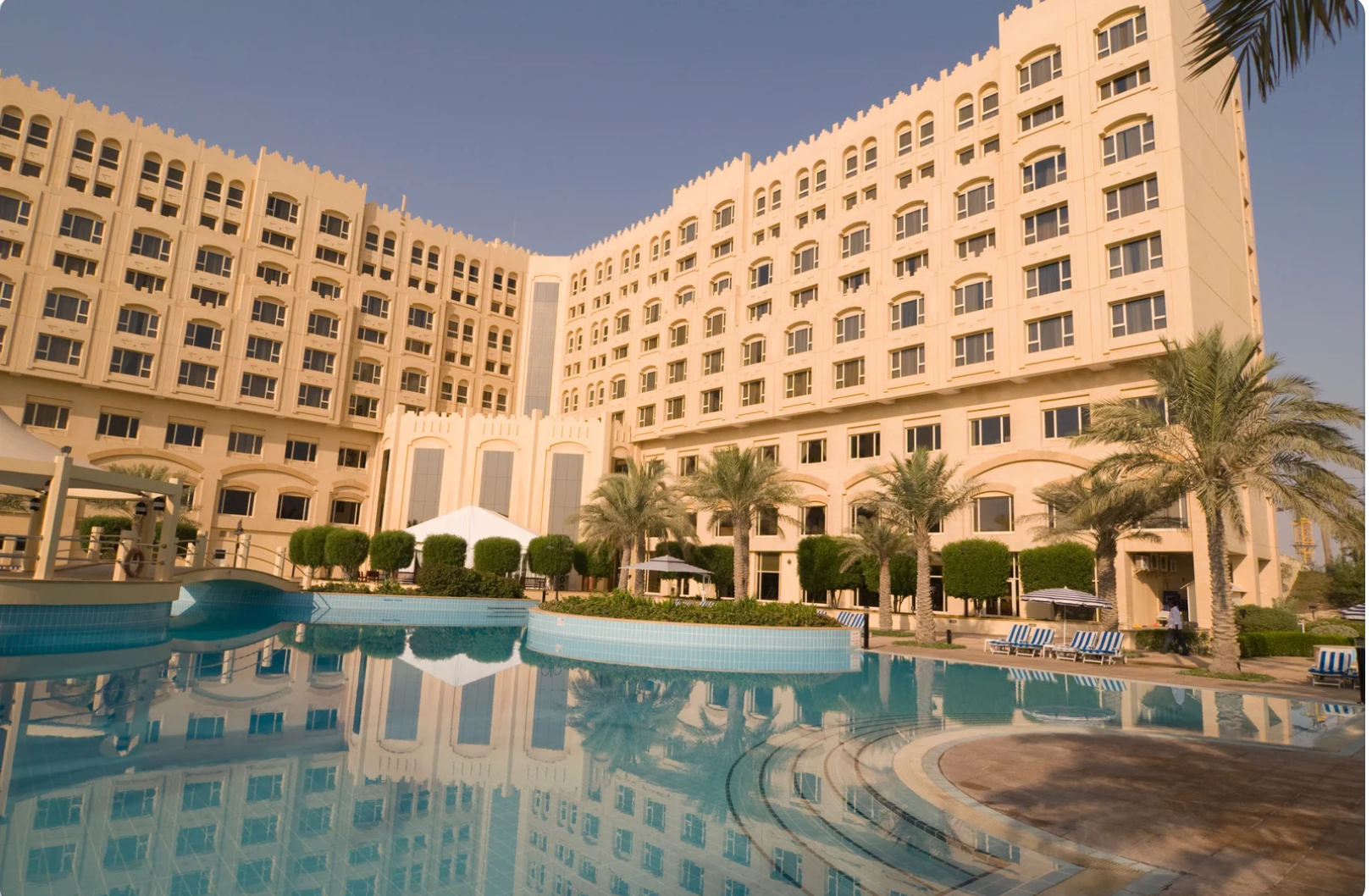The Impact of Cultural Trends on Real Estate Design
https://buymeacoffee.com/kaysogy/the-impact-cultural-trends-real-estate-design
 The design of real estate is not just about aesthetics; it is deeply influenced by the cultural trends of the time. As society evolves, so do the preferences and demands of home buyers and renters. This article explores how cultural trends shape real estate design and highlights key elements that are currently influencing the industry.
The design of real estate is not just about aesthetics; it is deeply influenced by the cultural trends of the time. As society evolves, so do the preferences and demands of home buyers and renters. This article explores how cultural trends shape real estate design and highlights key elements that are currently influencing the industry.
The Rise of Sustainable Real Estate: One of the most significant cultural trends affecting real estate design is the growing emphasis on sustainability. Modern buyers are increasingly eco-conscious and prefer homes that reflect their environmental values. This trend has led to the integration of sustainable real estate practices in property development, such as the use of energy-efficient materials, solar panels, and water-saving fixtures. Developers are also focusing on building eco-friendly neighborhoods that promote green living.
The Popularity of Smart Home Technology: Another cultural trend that has revolutionized real estate design is the demand for smart home technology. Homebuyers today expect their properties to be equipped with the latest technological advancements that offer convenience, security, and energy efficiency. Features such as smart thermostats, automated lighting systems, and advanced security cameras are now standard in many modern homes. This trend is also driving the development of digital property management tools and cloud-based real estate solutions.
Influences of Modern Interior Design: Interior design preferences have also evolved significantly, influenced by cultural shifts towards minimalism and functionality. Interior design inspiration today often revolves around open floor plans, natural light, and multipurpose spaces. The minimalist trend emphasizes simplicity and decluttered spaces, which can make homes feel more spacious and inviting. This cultural shift is reflected in the increasing demand for homes with large windows, sliding doors, and open kitchens.
Changing Preferences in Property Types: Cultural trends also dictate the types of properties that are in demand. For instance, there is a growing interest in mixed-use developments that combine residential and commercial spaces. This trend is driven by the desire for convenience and the ability to live, work, and play within the same area. Additionally, neighborhood guides highlight areas that offer a blend of urban and suburban lifestyles, catering to diverse cultural preferences.
The Impact of Remote Work: The rise of remote work has also had a profound impact on real estate design. With more people working from home, there is an increased demand for properties that offer dedicated office spaces and high-speed internet connectivity. This trend has led to the inclusion of home offices in new property designs and the renovation of existing spaces to create functional work environments.
Property Investment Strategies and Market Trends: Understanding property investment strategies and real estate market trends is crucial for adapting to cultural shifts. Investors are now focusing on properties that align with current cultural preferences, such as eco-friendly homes and properties with smart technology. Keeping an eye on market trends helps investors make informed decisions and capitalize on the growing demand for culturally relevant real estate.
Mortgage Financing and First-Time Homebuyer Advice: Cultural trends also influence mortgage financing options and first-time homebuyer advice. As homebuyers' preferences change, lenders adapt their offerings to meet these new demands. For example, there are now mortgage products designed specifically for eco-friendly homes or properties with smart technology. First-time buyers are also guided on what features to look for in a home that aligns with current cultural trends.
Home Renovation Ideas: Finally, cultural trends play a significant role in home renovation ideas. Homeowners looking to update their properties often seek inspiration from the latest cultural trends to ensure their homes remain modern and appealing. Whether it's incorporating sustainable materials, updating interior design to reflect minimalist trends, or adding smart home features, renovations are guided by the prevailing cultural preferences.
Conclusion: Cultural trends have a profound impact on real estate design, influencing everything from sustainability and smart technology to interior design and property types. By staying informed about these trends and incorporating them into property development and investment strategies, industry professionals can better meet the evolving demands of homebuyers and renters. Understanding and adapting to cultural shifts is essential for anyone involved in the real estate market, ensuring that properties remain desirable and relevant in an ever-changing landscape.
Comments
Post a Comment